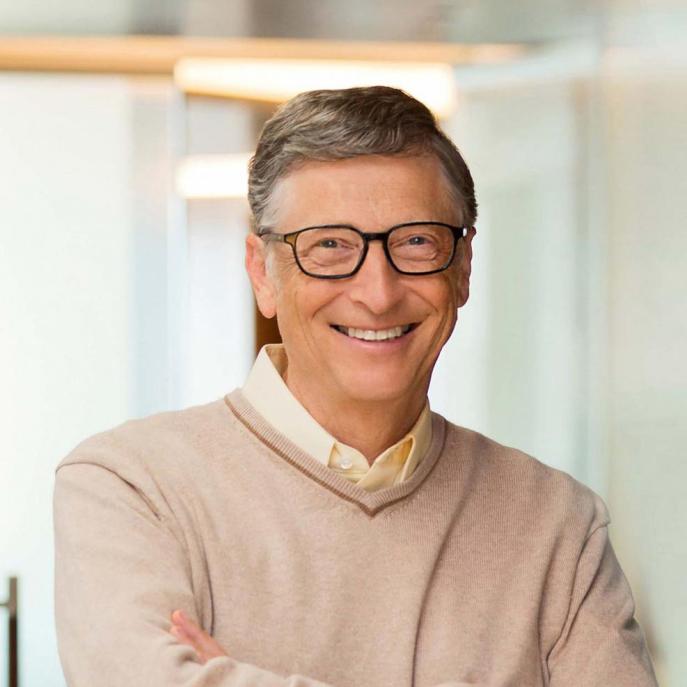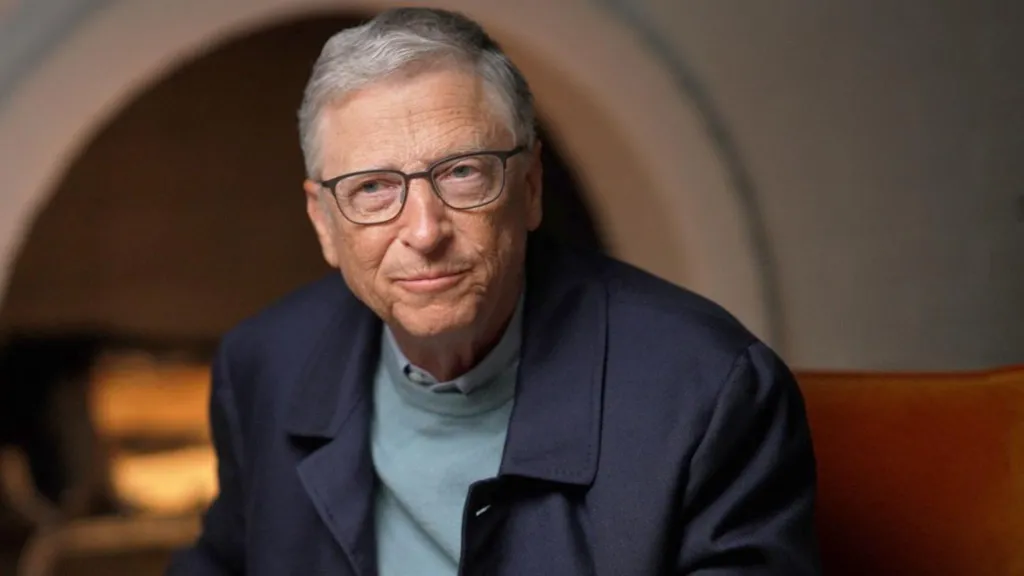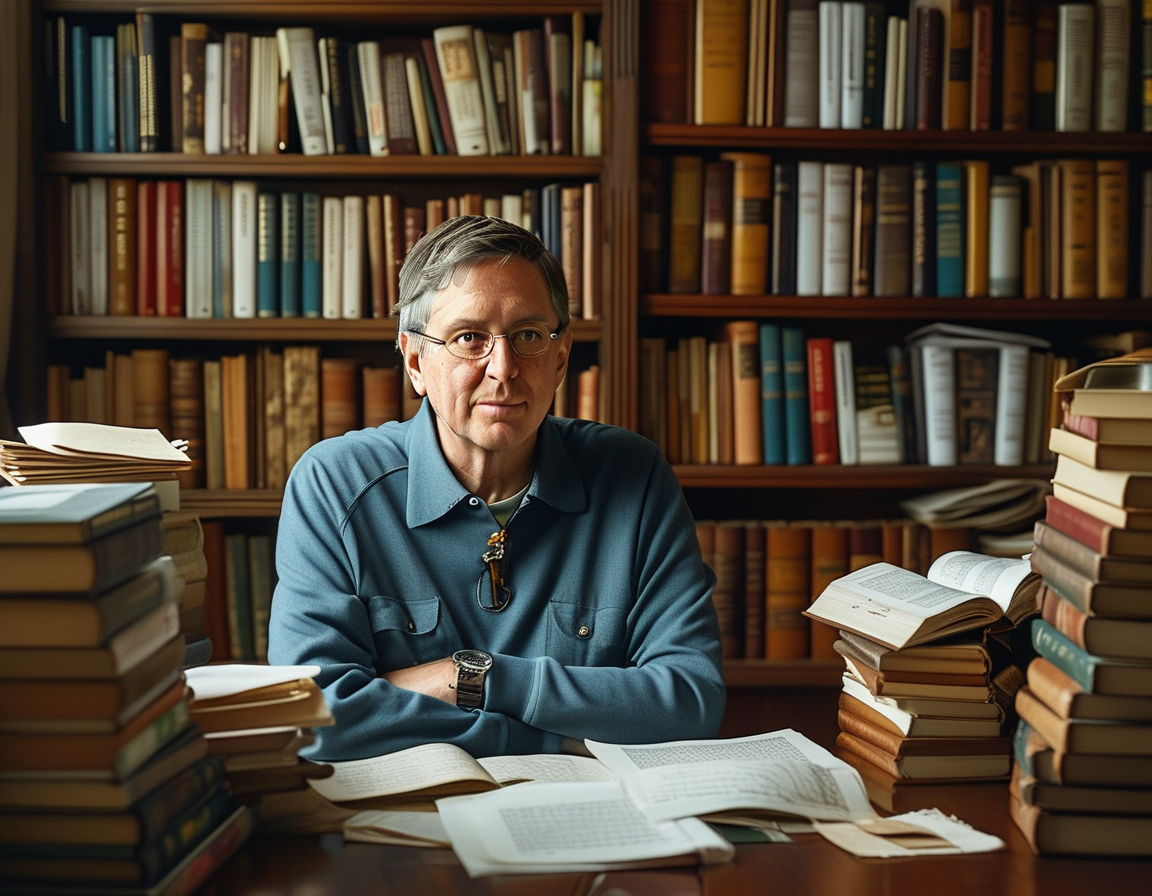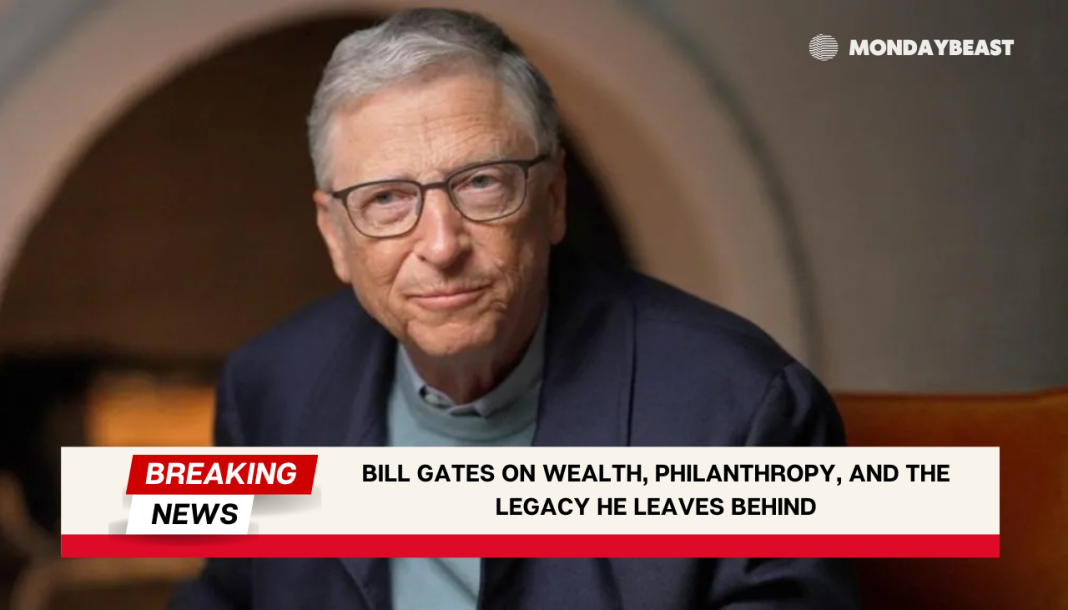Bill Gates made headlines recently, not just for his wealth, but for his views on philanthropy. With over $100 billion donated, Gates insists that giving back is a vital part of his identity. But what does it mean for his children, and how does he navigate the expectations of being one of the world’s richest people?
Imagine for a moment being in Gates’ shoes. You’re sitting with a fortune that could buy entire countries, yet you choose to invest your wealth in changing lives. How can someone like Gates face the complexity of giving without losing grasp of his family’s needs? It’s a delicate balance, one that Gates acknowledges while navigating a world filled with expectations.
Reflecting on his upbringing, Gates shared insights about his childhood in Seattle. He credits his mother with imparting lessons about wealth and responsibility. ‘With wealth came the responsibility to give it away,’ he stated. The implications of such a philosophy are profound. They lead us to question how many of us truly think about the responsibilities that come with our own financial choices?

As we dive deeper into Gates’ life, we learn that philanthropy isn’t simply a hobby for him. At the core, it’s a challenge, driven by data and passion. He regularly assesses the impact of his investments in fields like global health and education. It’s exhilarating, yet daunting, to think about the sheer volume of resources at his disposal compared to the fate of countless individuals around the globe.
He revealed that despite his giving, his children will not be left in poverty. Gates mentioned, with a smile, how in percentage terms, they won’t receive a gigantic amount. ‘They will not be poor,’ he asserted confidently. But should financial security come at the cost of ambition? The very essence of Gates’ disclosure raises critical questions for parents everywhere — how do we prepare our children for success without burdening them with unrealistic expectations?

Looking back at his childhood, Gates spoke fondly of memories growing up with his family. The Gates household was far from ordinary. The intercom system that his mother used to call them for breakfast, for instance, feels like a slice of history. Such details reveal a shared sense of responsibility and love within his family. Would we dare to put such tools of communication into our own homes?
Delving further reveals a man who saw the world differently from a young age. Gates also hinted that he might have been diagnosed on the autism spectrum had he grown up today. He reflects on how his unique perspective played a pivotal role in molding his success, an insight that opens the door for conversation about neurodiversity. Is it possible that our differences fuel our greatest strengths?

As the tech landscape evolves, Gates remains an influential figure. His discussions about social media, activism, and the draw of technology reveal a man keenly aware of the nuances in the world. He critiques the responsible governance of social media platforms in ways that many may overlook. How can giants of the tech world serve their users while promoting truth and security?
Quoting Gates brings forth yet another layer. He speaks candidly about his dinner with political figures, emphasizing the need for dialogue. We all navigate a world filled with misinformation—how can we find truth amid the clutter? Gates’ insight challenges us to think bigger and broader, asking what our role could be in this chaotic narrative.
Moreover, Gates frames his story not as one of rags to riches but as one of privilege. His parents recognized his potential early on, nurturing it in ways many can only dream of. The early access to computers fuels a fascinating exploration: what if he had never received such encouragement? Would we have been deprived of innovations that shaped today’s world?
In conclusion, Bill Gates represents a conundrum — a centibillionaire with a heart for giving and a drive for achievement. The questions around his legacy, his family, and the wealth he withholds for future generations underscore a landscape complex with values and responsibilities. We can only wonder what the world might look like if we all took a page from his book. What if we prioritized giving back as earnestly as we chase our dreams?




